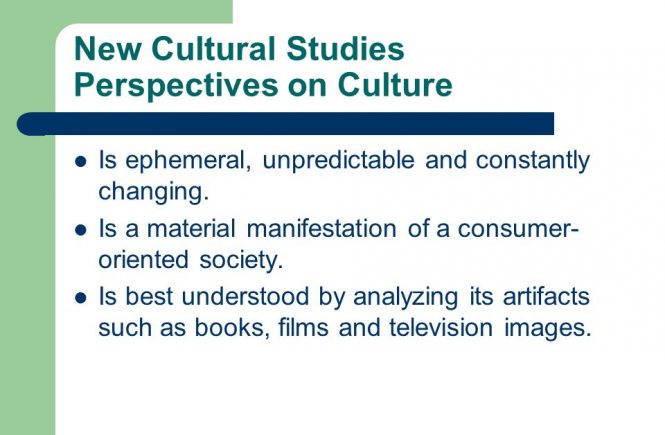While much of the debate on international communication post-1945 and during the Cold War emphasized a structural analysis of its role in political and economic power relationships, there has been a discernible shift in research emphasis in the 1990s in parallel with the ‘depoliciticization’ of politics towards the cultural dimensions of communication and media. The cultural analysis of communication also has a well established theoretical tradition to draw upon, from Gramsci’s theory of hegemony to the works of the critical theorists of the Frankfurt School.
One group of scholars who adapted Gramsci’s notions of hegemony were based at the Centre for Contemporary Cultural Studies at the University of Birmingham in Britain. Led by the Caribbean-born scholar Stuart Hall, ‘the Birmingham School’, as it came to be known in the 1970s did pioneering work on exploring the textual analysis of media, especially television, and ethnographic research. Particularly influential was Hall’s model of ‘encodingdecoding media discourse’ which theorized about how media texts are given ‘preferred readings’ by producers and how they may be interpreted in different ways – from accepting the dominant meaning; negotiating with the encoded message, or taking an oppositional view (Hall, 1980).
The model was widely adopted by scholars interested in the study of the ideological role of the mass media. However, the research focus of the Birmingham School was largely British, and more often than not, its perceptions of the ‘global’ were based on the ethnographic studies of migrant populations – their television viewing habits, consumption of music and other leisure activities. The undue emphasis on ethnic and racial identity and ‘multiculturalism’, tended to limit their research perspectives, exposing them to the danger, for example, of confusing ‘British Asian cultural identity’ with the diverse cultures and subcultures of the South Asian region, with its multiplicity of languages, ancient religions and ethnicities.
The dominant Western view of the global South is profoundly influenced by Eurocentricism, defined by the Egyptian theorist Samir Amin as constituting ‘one dimension of the culture and ideology of the modern capitalist world’ (Amin, 1988: vii). Many other scholars from the developing world have argued that contemporary representations of the global South are affected by the way the Orient has been historically constructed in Western thinking, for example, through travel writing (Kabbani, 1986), literature (Said, 1978; 1993) and films (Shohat and Stam, 1994), contributing to a continuity of subordination of non-European peoples in Western imagination. The US-based Palestinian scholar Edward Said has explored how dominant culture participated in the expansion and consolidation of nineteenth-century imperialism. Taking the Gramscian view of culture, Said writes:
“Western cultural forms can be taken out of the autonomous enclosures in which they have been protected, and placed instead in the dynamic global environment created by imperialism, itself revised as an ongoing contest between North and South, metropolis and periphery, white and native.” (1993:59)
Though the cultural studies approach professes to give voice to such issues – race, ethnicity, gender and sexuality remain its key concerns – it has generally rendered less importance to class-based analysis, despite the fact that championing the ‘popular’ has been a major achievement of this tradition. The cultural studies approach to communication has become increasingly important, especially in the USA and Australia and with its new-found interest in ‘global popular’, the trend is towards the internationalization of cultural studies.
